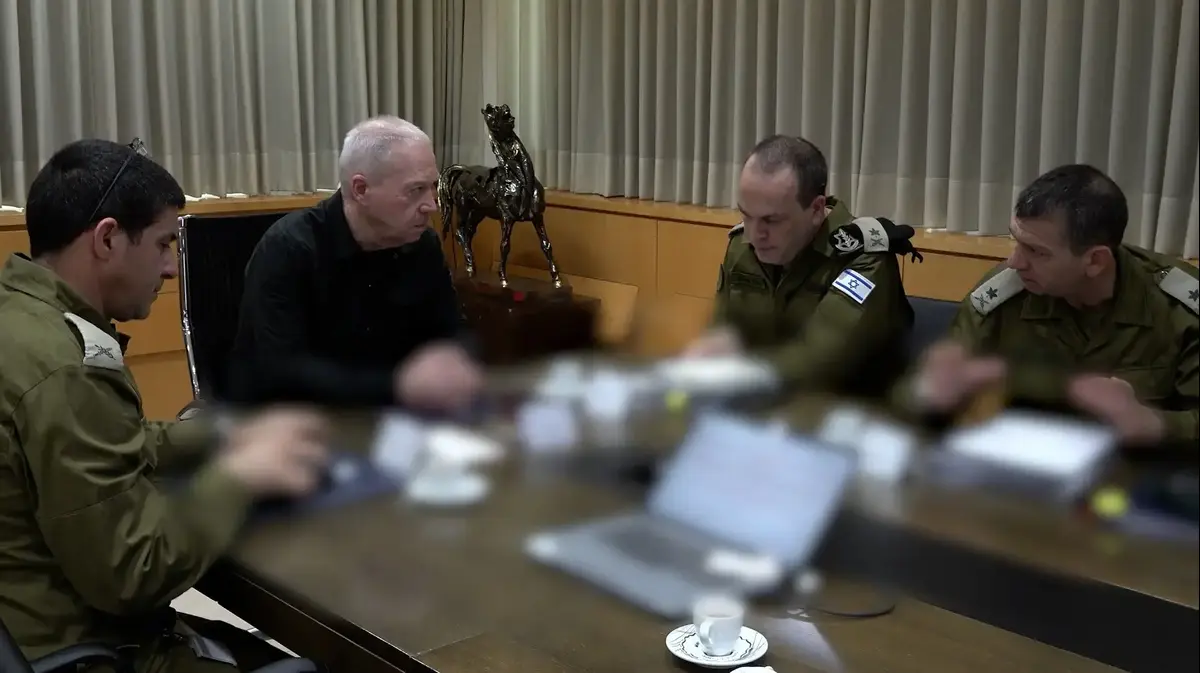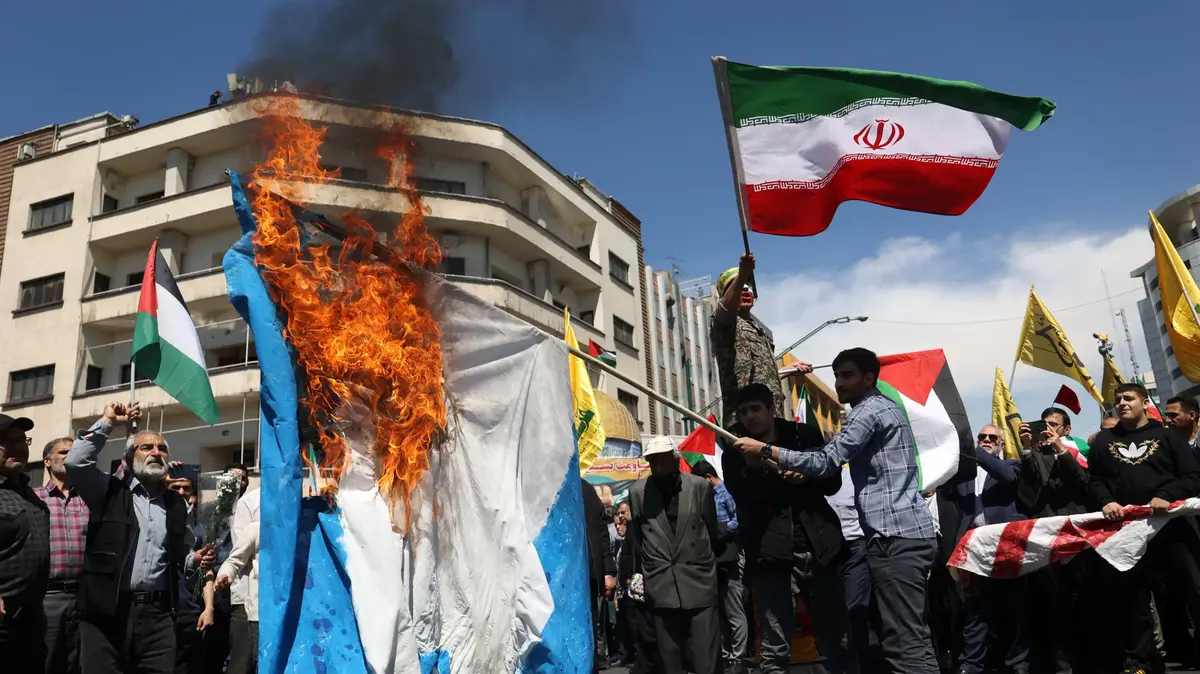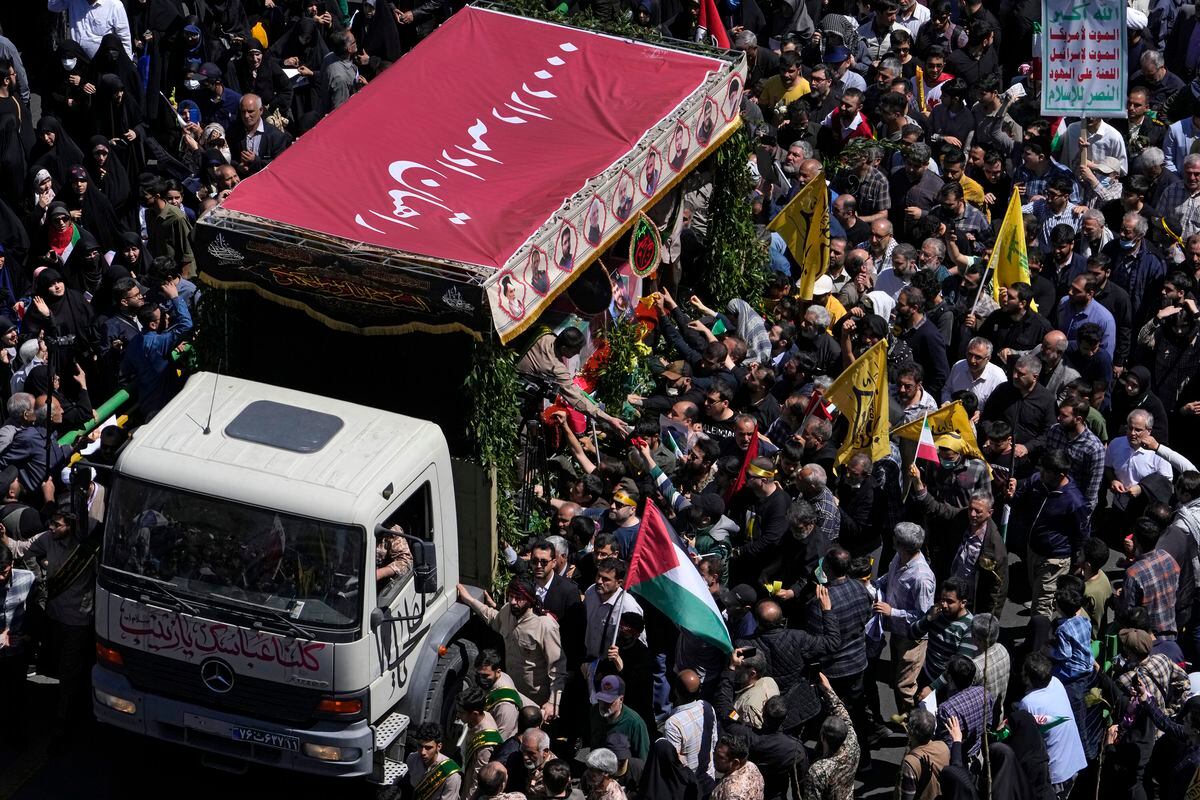The threat of precision missiles is approaching a point that will force Israel to decide whether to act militarily • Recent attacks in Syria are an indication of an inevitable confrontation • Interpretation
It is important that the missile threat plays a key role in the UN discussion in October. Iranian missile launch
Photo:
Reuters
A series of reports indicate that Israel continues to attack, and more recently even with increased force, Iranian forces and infrastructure in Syria. The media extensively describes these attacks as a continuation of the BAMM ("the war between the wars"), a campaign in which Israel erodes the advanced capabilities of its enemies in order to be better prepared for the outbreak of the next armed struggle.
In an interview he gave in December 2018, before his retirement, Chief of Staff Major General Gadi Izenkot admitted that Israel attacked thousands of targets in Syria during its tenure and destroyed them, taking credit in a few cases. This is starting to change recently.
It is not difficult, of course, to determine the location of the attacks: the vast majority are in Syria, a country in a state of chaos after years of civil war, and now also exposed to the corona crisis. Iran continues to exploit the chaos and is deploying forces and weapons in the country, in an attempt to prepare for a confrontation with Israel. This includes military forces and Shiite militias, but also advanced and deadly weapons.
According to the analysis conducted at the General Staff headed by Lt. Col. Aviv Kochavi ahead of the start of the "Tnufa" (before the Corona crisis), the IDF's top concern, second only to the Iranian nuclear threat, which also seems to have suffered severe blows recently, is Address the Iranian activity of introducing precision guided missile capabilities (PGMs) into the northern and probably southern arena in the future.The
Iranian missile program began during the Iran-Iraq War (1988-1980), when Iranian forces and civilians were under constant barrage of Iraqi missiles. Similarly, the then Majles spokesman Rafsanjani led the efforts to obtain missiles from Libya, Syria and North Korea.
Netanyahu refers to the precision missile project in Lebanon, 2019
In 1985, Iran acquired its first Scudby from Libya. Since then, the Islamic Republic has developed additional capabilities with the help of China, Russia, North Korea and Pakistan. China and Russia played a key role in helping to obtain the missile engines (liquid and solid), while North Korea provided Iran with complete ballistic missiles such as the Nu-Dong family.
As Iran gained enough grip on technology and manufacturing, it began exporting the knowledge, parts, and sometimes the missiles themselves to its allies in the Middle East. It has mainly armed Hamas and Hezbollah with a variety of missiles with diverse capabilities, but not yet with precision missiles. The goal was to drown Israel in waves of missiles that would paralyze it, but at the same time Israel developed an active defense that neutralized much of the threat.
Frustrated with Israeli technology, the Iranians also began exporting precision-guided armament in 2013, thinking that this armament would be able to outwit some of Israel's existing defense systems. It is an armament capable of striking with an accuracy of about 10 meters from the intended target, a deadly precision that represents what Israel calls a "tie-breaker" weapon, which it intends to prevent from Hezbollah at all costs.
Iran's leaders already understood at the time the capability of the precision weapon, and in particular the fact that it gives a group of non-state terrorists, such as Hezbollah, the means to achieve a capability similar to air superiority, without air bases or fighter jets. The transfer of such technology to terrorists is a significant violation of all existing norms in the world. No other terrorist group in the world has the doctrine, policy and technology of precision weapons, including related intelligence and navigation capabilities.
Aware of the danger, Israel decided to attack the precision missile program wherever and whenever possible. This explains Iran's decision in 2016 to change its modus operandi and stop the transfer of entire missiles, which Israel has thwarted in most cases, and instead move to developing the conversion capabilities of inaccurate missiles to accurate guided missiles. Iran has begun transferring the smaller parts (navigation, wings, command and control and more) required for conversion, through Syria to Hezbollah. Iran has built a wide range of smuggling routes from Syria to Lebanon (by air, sea and land) to evade Israeli counterterrorism.
In the past, Israel has been deliberately vague about the targets attacked, but recently adopted a new strategy that exposes Hezbollah's accurate missile program and explicitly claims that Iran is responsible for this dangerous spread to the region. Last year, Prime Minister Netanyahu unveiled a PGM production site in Lebanon. This site has since been closed, but it is likely that Iran has successfully set up new production facilities in the cedar state.
Until last January, the move was led by the Iranian Revolutionary Guards led by Qassem Suleimani, who was neutralized by an American UAV attack. The smuggling activity has continued since then even without him and with it the attacks attributed to Israel.
Israel does not have reliable partners in removing Iranian forces and precision missiles and their production facilities from Syria and Lebanon. Israel has invested and continues to make great efforts to convince the Russians that expelling the Iranians from Syria is in Russia's interest and made it clear to President Putin and his inner circle that as long as the precision missile threat continues, there will be no stability in Syria. This issue is an ongoing source of tension between Tehran and Moscow, but the Russians are not yet working resolutely to expel the Iranians from Syria.
In Lebanon, tensions are rising. The country is on the verge of economic collapse and it can plunge into chaos at any moment. The Lebanese leadership, corrupt as it may be, understands that the last thing the country needs now is another war, but it is not clear if they have the power to face Hezbollah and Iran.
In light of the growing Israeli warnings, it is important that the accurate missile threat plays a key role in the forthcoming UN (October) debate on the removal of the arms embargo on Iran. That Israel decides to neutralize this great threat before they both happen.The threat of accurate missiles is approaching a decision point that could ignite the entire Middle East.Recent incidents are only an indication of a pattern that could lead to an inevitable confrontation.
Brigadier General (Res.) Prof. Yaakov Nagel is a visiting professor in the Faculty of Aeronautics and Space at the Technion and a senior research fellow at the FDD Institute (RT Foundation for Defense of Democracies). Served as Prime Minister Netanyahu's National Security Adviser and Acting Chief of Staff
Dr. Jonathan Shenzer served as an expert on economic terrorism at the U.S. Treasury Department and currently serves as senior vice president of research at FDD






